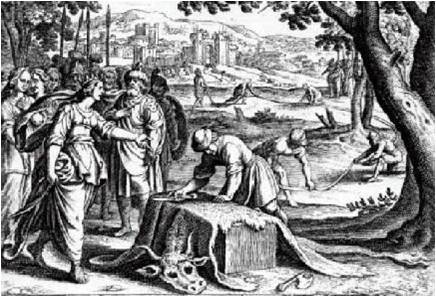
African History Lover | Marine Engineer | check my Highlights | Always open to learning.
3 subscribers
How to get URL link on X (Twitter) App





 The Kingdom Of Kush: History and Civilization of Ancient Nubia
The Kingdom Of Kush: History and Civilization of Ancient Nubia



 Being ashamed of one's body began with the teachings of Christianity and the colonial school system, life styles, introduction of sex through media, Hollywood and such.
Being ashamed of one's body began with the teachings of Christianity and the colonial school system, life styles, introduction of sex through media, Hollywood and such. 



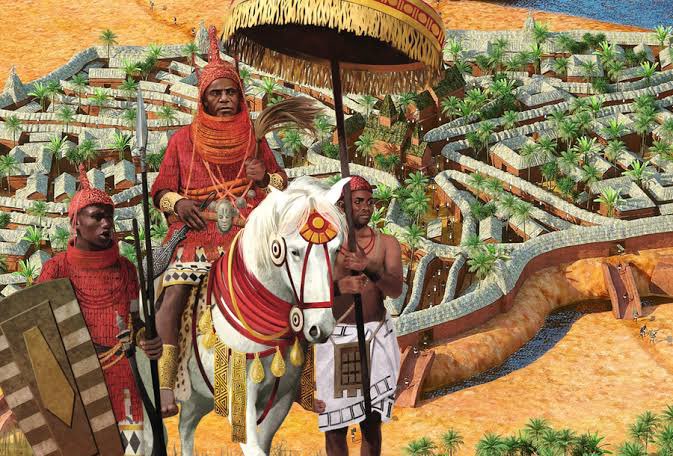 There was always the error among Africans that other peoples around the world share the same values with them. According to Historian, Prof. John Henrik Clark, "the African would feed a stranger before he thinks of the children's meal..." It was cultural.
There was always the error among Africans that other peoples around the world share the same values with them. According to Historian, Prof. John Henrik Clark, "the African would feed a stranger before he thinks of the children's meal..." It was cultural. 



 Eritrea had become part of Ethiopia after World War II, upon the defeat of Italy and both territories were liberated from Italian occupation.
Eritrea had become part of Ethiopia after World War II, upon the defeat of Italy and both territories were liberated from Italian occupation. 


 2. There was no interest on loans, banks in Libya were state-owned and loans were given to all its citizens at 0% interest by law.
2. There was no interest on loans, banks in Libya were state-owned and loans were given to all its citizens at 0% interest by law.

 Many of the buildings are two storeys high and those with granaries feature an almost spherical form above a cylindrical base. Some of the buildings have flat roofs, others have conical thatched roofs.
Many of the buildings are two storeys high and those with granaries feature an almost spherical form above a cylindrical base. Some of the buildings have flat roofs, others have conical thatched roofs.
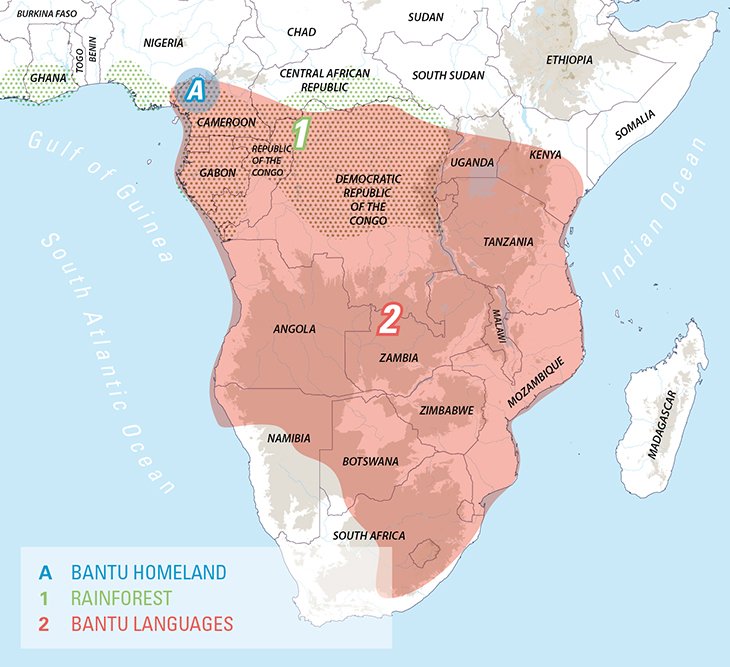

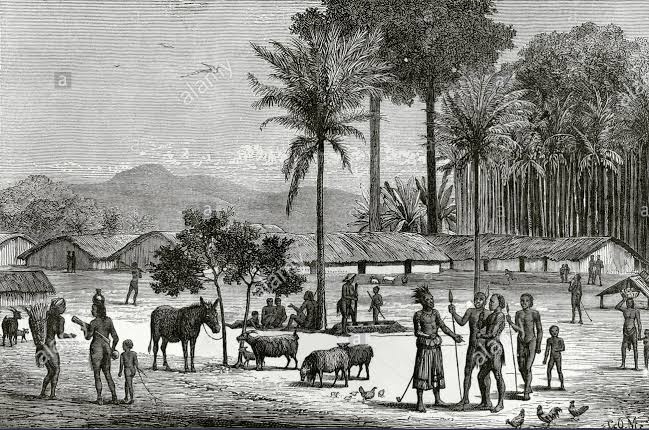
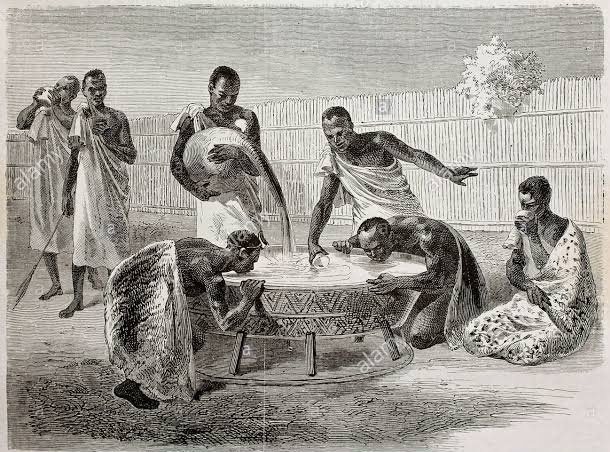
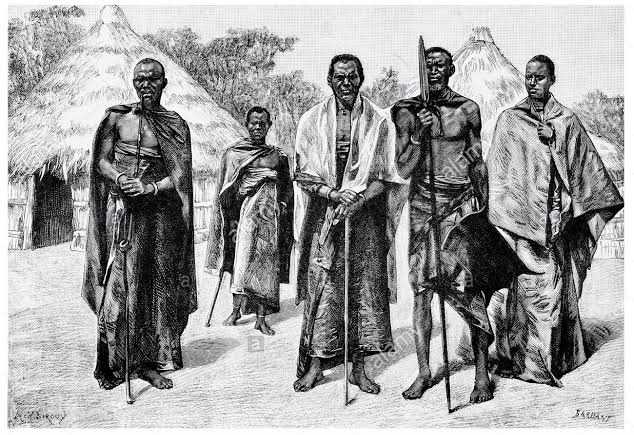 During their initial migration across most of Central, Eastern, and Southern Africa, which took place between approximately 5,000 and 1,500 years ago, Bantu speech communities not only introduced new languages in the areas where they immigrated but also new lifestyles.
During their initial migration across most of Central, Eastern, and Southern Africa, which took place between approximately 5,000 and 1,500 years ago, Bantu speech communities not only introduced new languages in the areas where they immigrated but also new lifestyles. 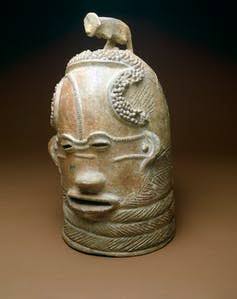
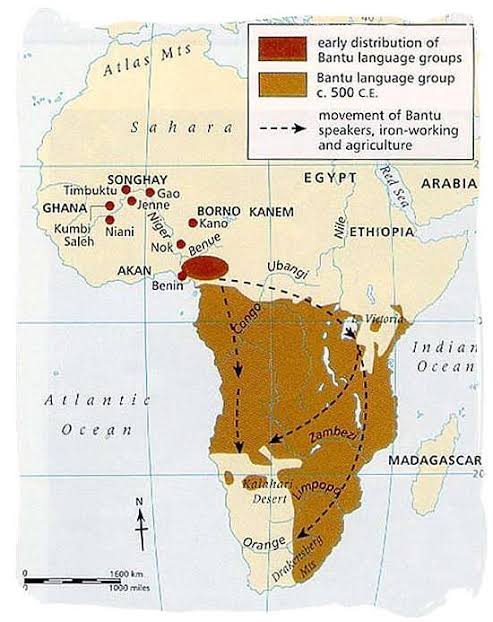
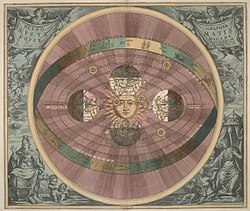



 Diagrams of planets and orbits made use of complex mathematical calculations, Scientists developed an algorithm that accurately oriented Timbuktu to Mecca.
Diagrams of planets and orbits made use of complex mathematical calculations, Scientists developed an algorithm that accurately oriented Timbuktu to Mecca.





 He developed the Bamum alphabet of 70 symbols and a writing system to preserve his kingdom's oral history which the French later destroyed.
He developed the Bamum alphabet of 70 symbols and a writing system to preserve his kingdom's oral history which the French later destroyed. 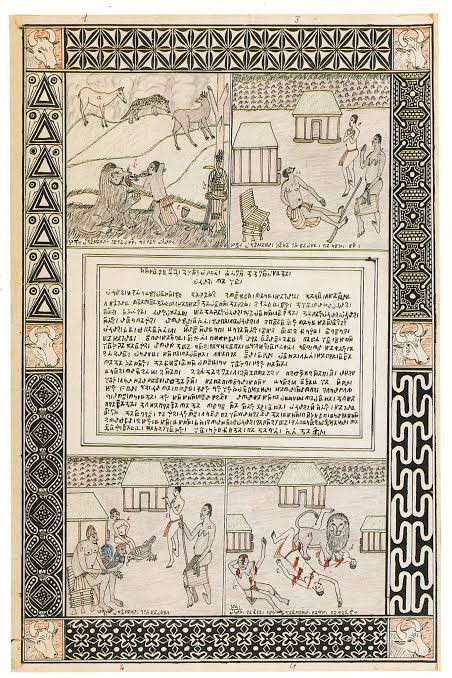




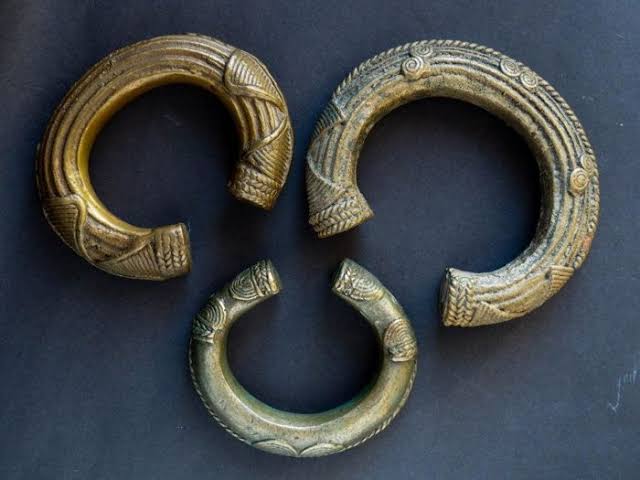 The Efik speak a language in the Obolo subgroup of the Niger–Congo language group. Ancient Efik people engage mostly in trading fish, palm oil and palm wine in along the coast mostly with their Portuguese / kongo Kingdom in exchange for guns and clothing in the early 1600s.
The Efik speak a language in the Obolo subgroup of the Niger–Congo language group. Ancient Efik people engage mostly in trading fish, palm oil and palm wine in along the coast mostly with their Portuguese / kongo Kingdom in exchange for guns and clothing in the early 1600s. 
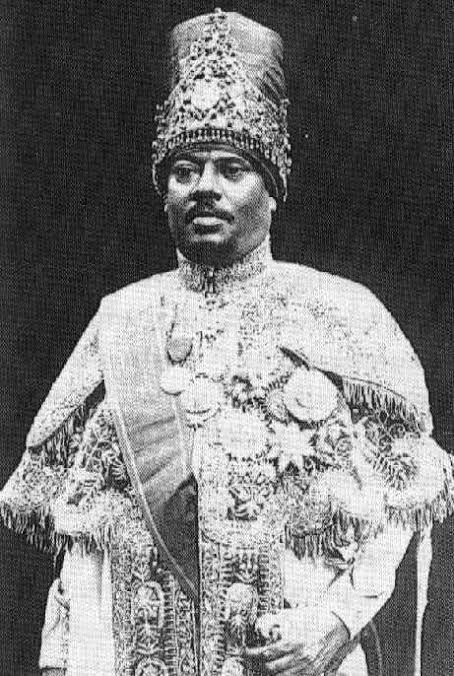
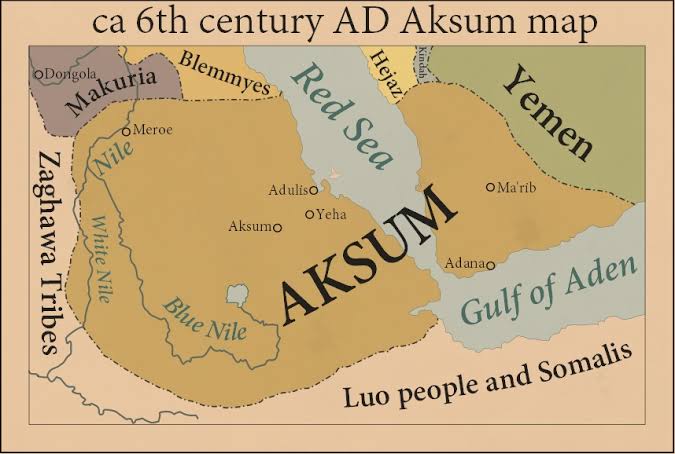

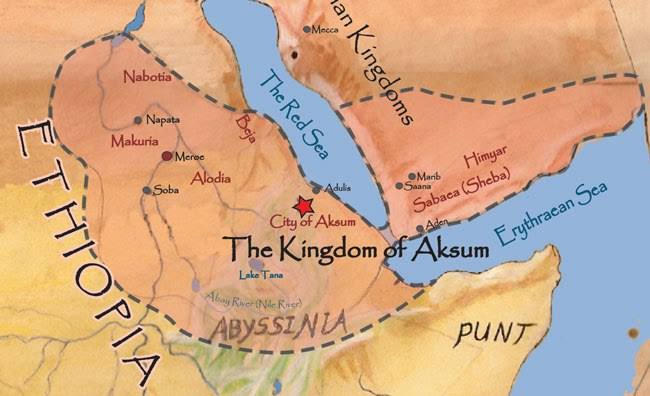
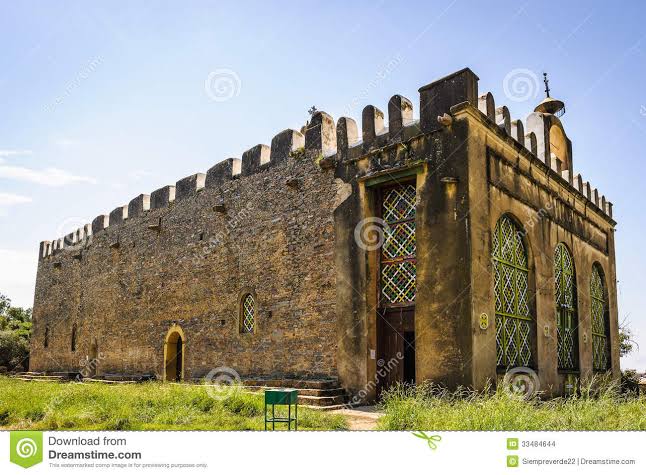
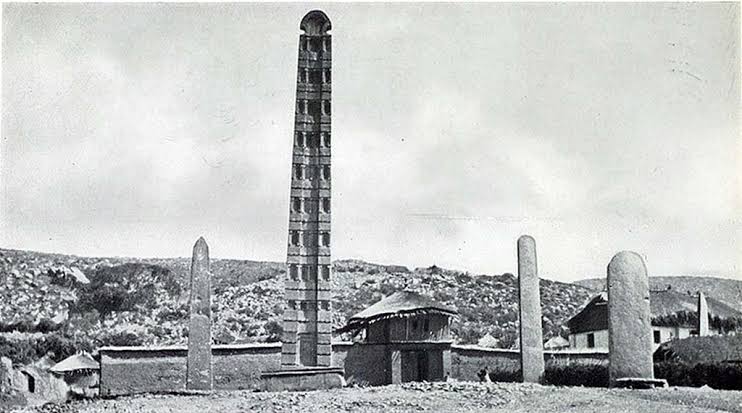 Prospering thanks to agriculture, cattle herding, and control over trade routes which saw gold and ivory exchanged for foreign luxury goods, the empire's capital was located at Axum kingdom built lasting stone monuments and achieved a number of firsts.
Prospering thanks to agriculture, cattle herding, and control over trade routes which saw gold and ivory exchanged for foreign luxury goods, the empire's capital was located at Axum kingdom built lasting stone monuments and achieved a number of firsts. 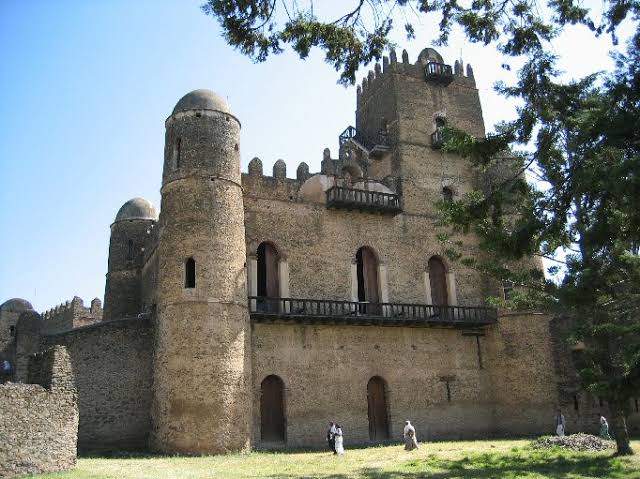


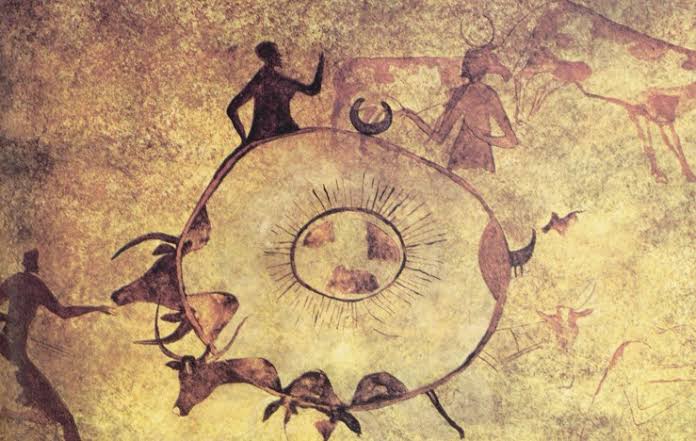

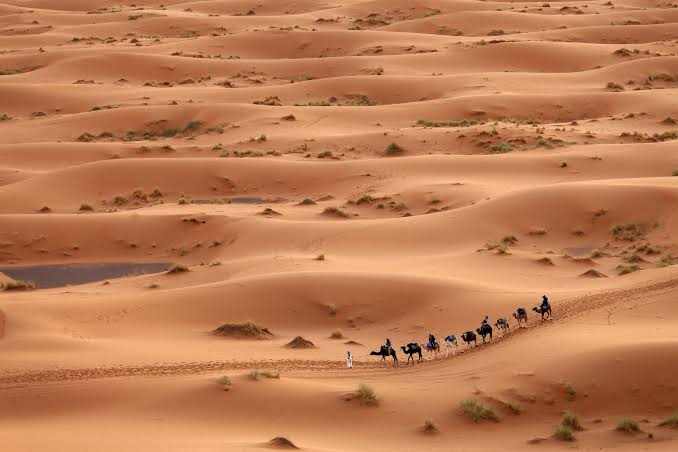 Since then, two events significantly marked the history of the Sahara which is introduction of camel in the 1st cent. A.D. and facilitated occupation by nomads. Today Sahara is the largest desert in the world covering Algeria, Chad, Egypt, Libya, Mali, Mauritnia, Morocco..
Since then, two events significantly marked the history of the Sahara which is introduction of camel in the 1st cent. A.D. and facilitated occupation by nomads. Today Sahara is the largest desert in the world covering Algeria, Chad, Egypt, Libya, Mali, Mauritnia, Morocco.. 

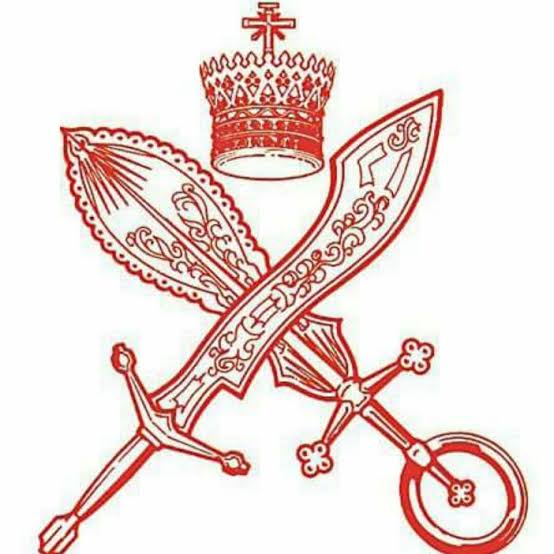
 According to Bini and Itsekiri histories Ginuwa, a prince of Benin founded the Iwerre (Warri) Kingdom about 1480. In the 15th century Warri was visited by Portuguese missionaries.
According to Bini and Itsekiri histories Ginuwa, a prince of Benin founded the Iwerre (Warri) Kingdom about 1480. In the 15th century Warri was visited by Portuguese missionaries.
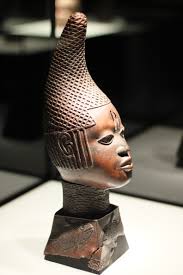

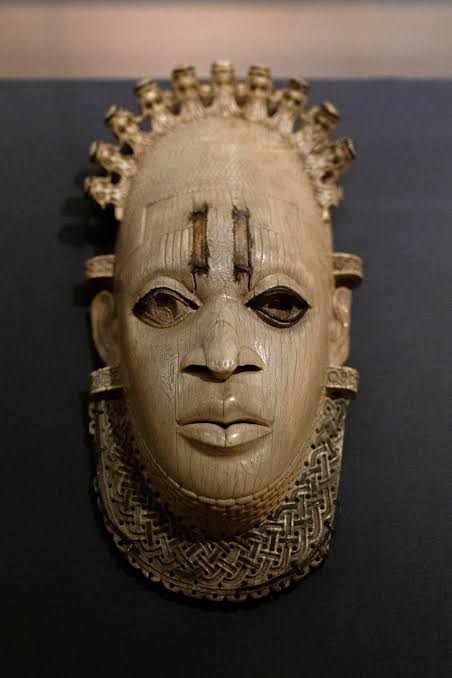
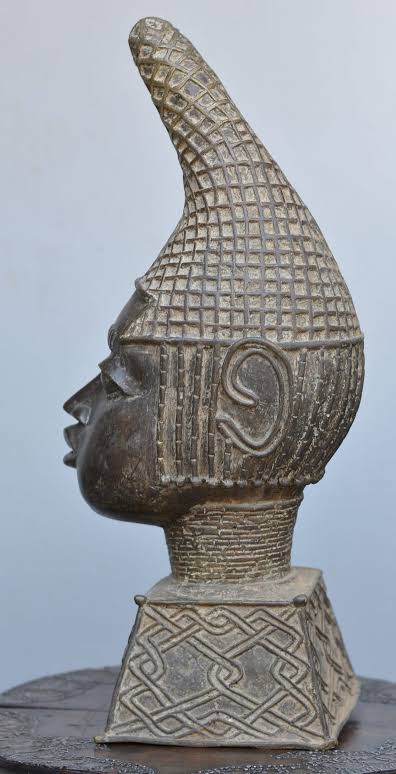
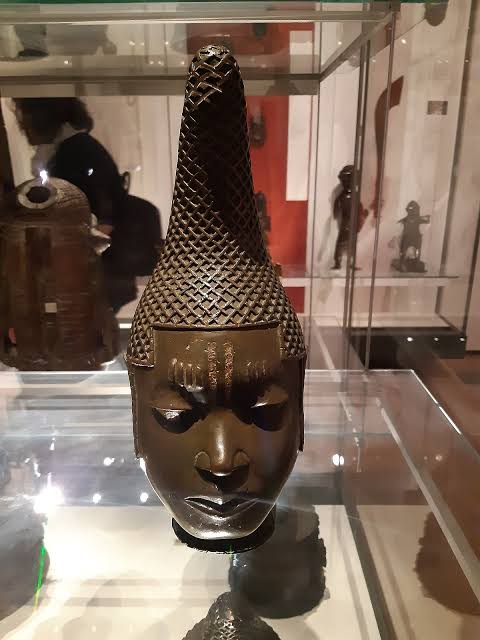 One son, Esigie controlled Benin City, while the other son, Arhuaran, was based in the equally important city of Udo. Neither prince was prepared to yield to the other and soon after, a war ensued. The war severely compromised the kingdom of Benin’s status as a regional power.
One son, Esigie controlled Benin City, while the other son, Arhuaran, was based in the equally important city of Udo. Neither prince was prepared to yield to the other and soon after, a war ensued. The war severely compromised the kingdom of Benin’s status as a regional power. 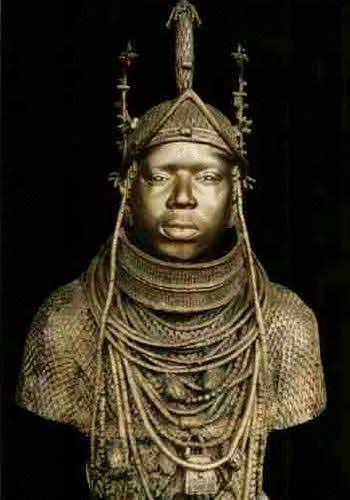
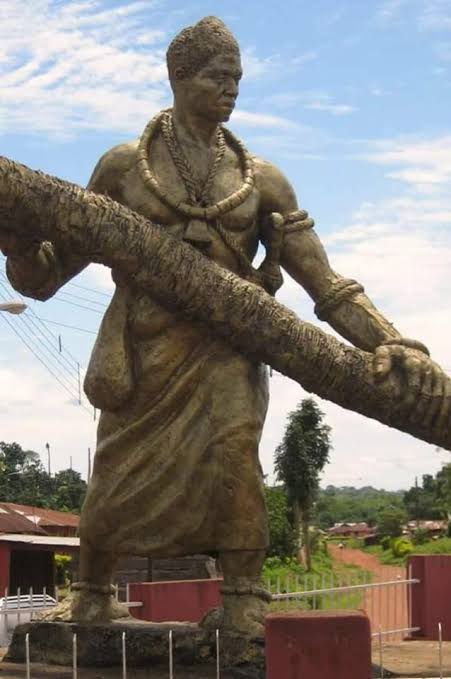
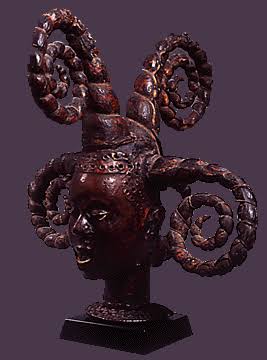

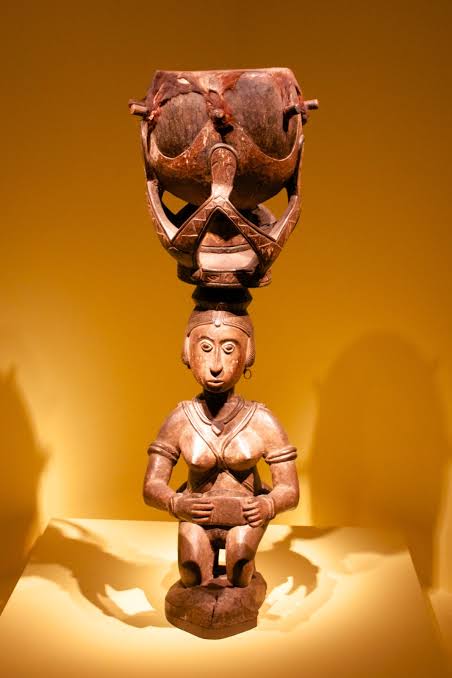

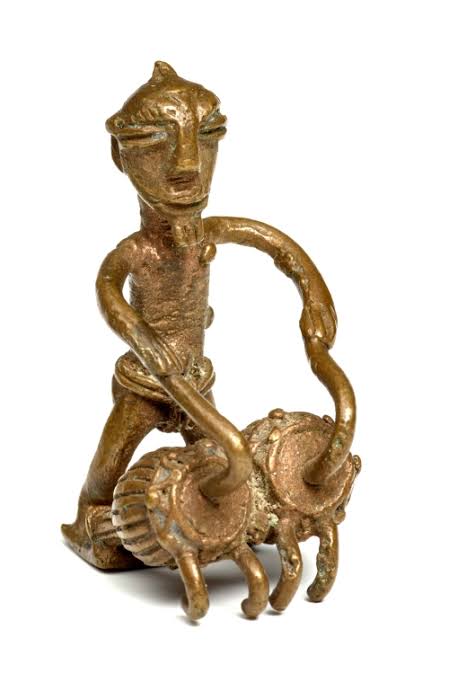 They created figures of men and women with very large heads. Many of the figures had elaborate hairstyles and wore delicate jewellery. The kingdom of Ife was famous for its sculptures made from brass. Brass-workers made figures of gods, humans and animals.
They created figures of men and women with very large heads. Many of the figures had elaborate hairstyles and wore delicate jewellery. The kingdom of Ife was famous for its sculptures made from brass. Brass-workers made figures of gods, humans and animals. 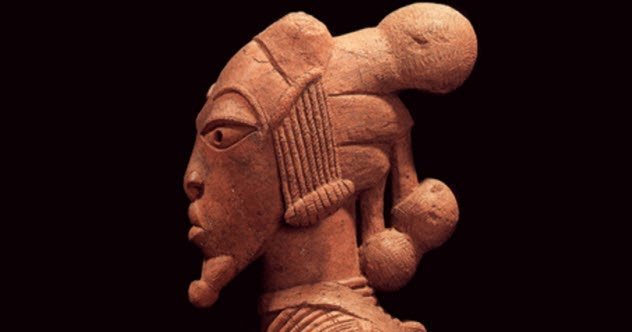
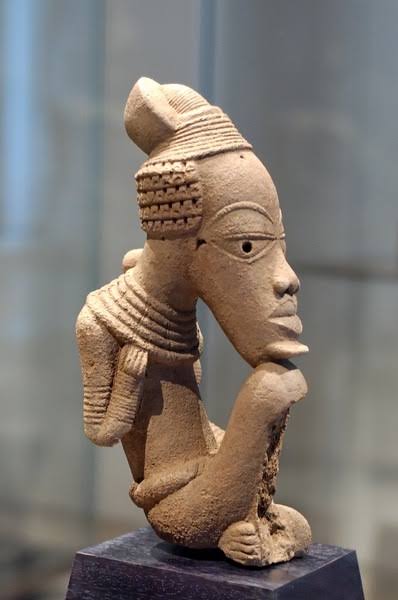
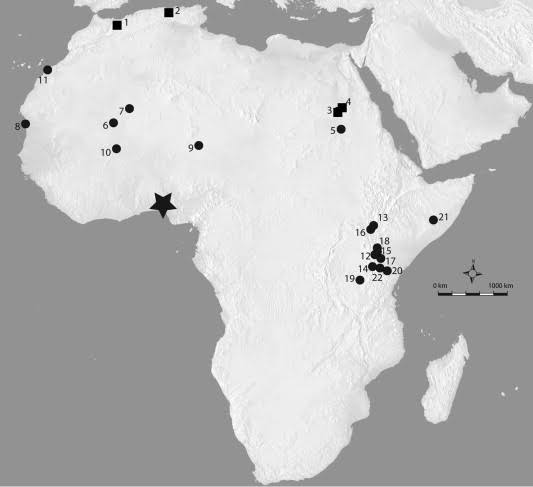

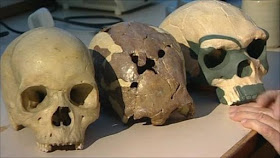
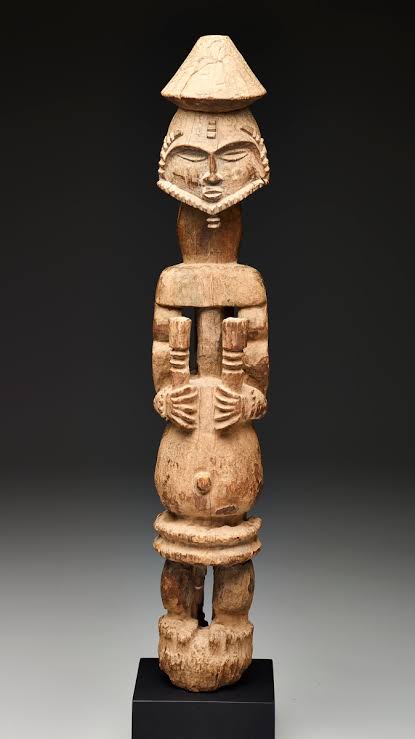
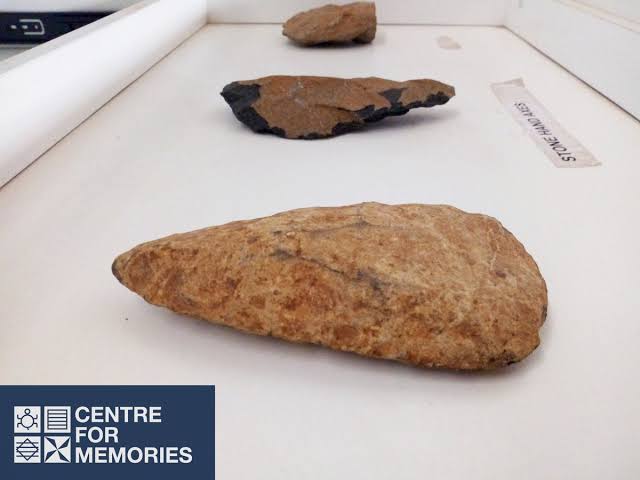 And also the first and oldest noticeable sign of civilization found in the country was the Nok civilization, which started about 3500 BC–200 AD existed in Northern Nigeria according to its cravens dating.
And also the first and oldest noticeable sign of civilization found in the country was the Nok civilization, which started about 3500 BC–200 AD existed in Northern Nigeria according to its cravens dating. https://twitter.com/Joe__Bassey/status/1320637725758918656?s=19
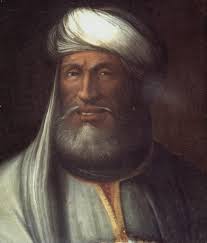

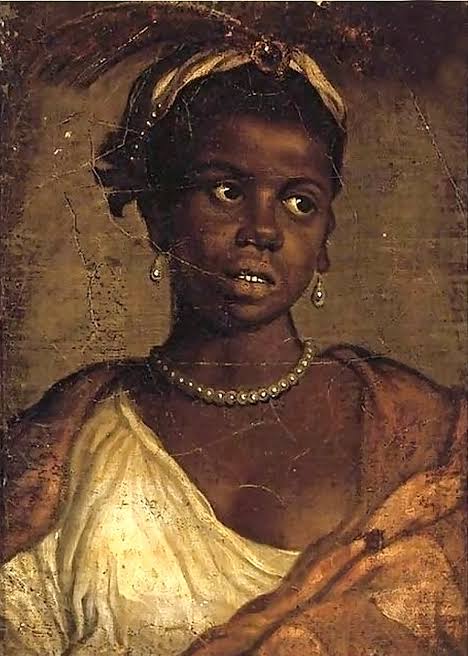
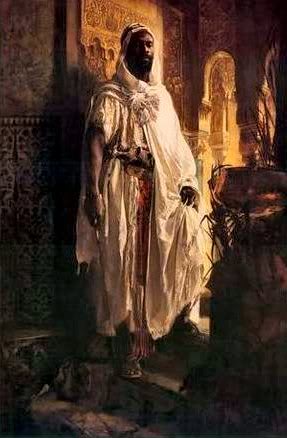
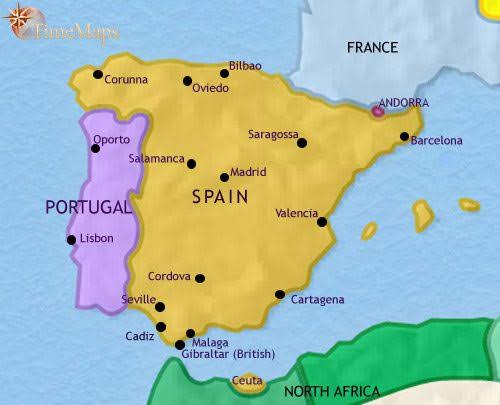 Tarik Ibn Zayid led 300 Arabs and 6700 Africans in conquering Spain around 700 A.D.
Tarik Ibn Zayid led 300 Arabs and 6700 Africans in conquering Spain around 700 A.D.

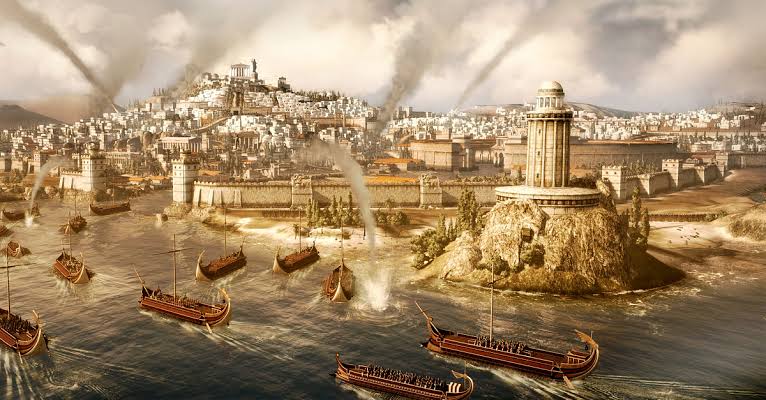

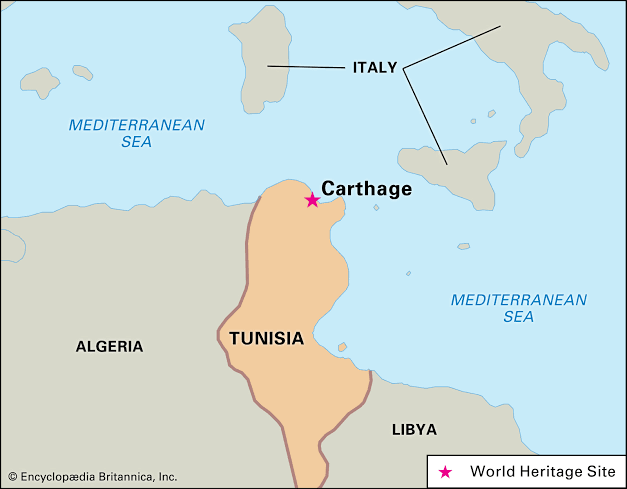
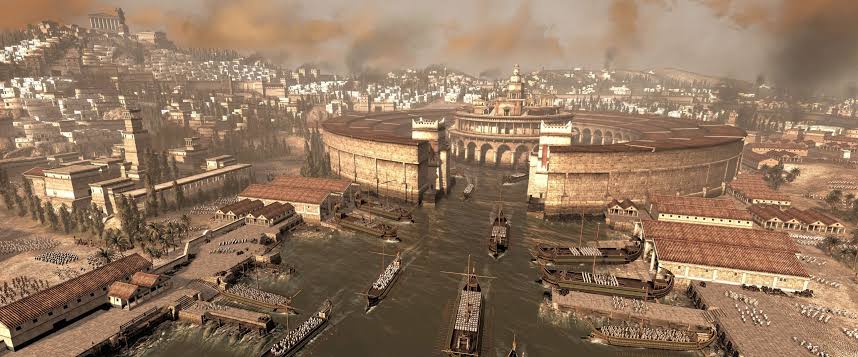
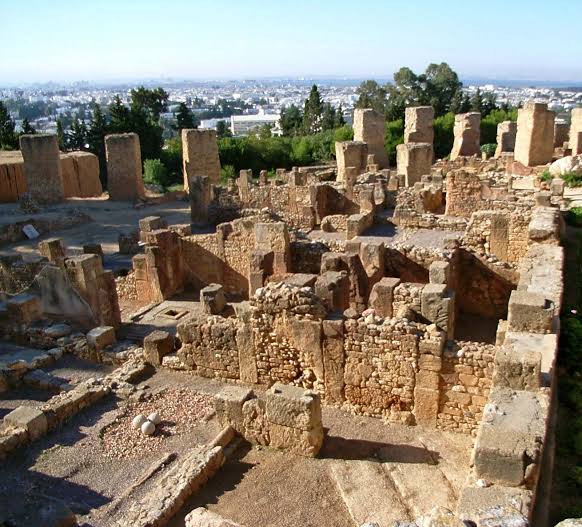 Carthage was later conquered and destroyed by the Romans in 146 BC. It was rebuilt by the Romans and occupied by early Arab conquerors.
Carthage was later conquered and destroyed by the Romans in 146 BC. It was rebuilt by the Romans and occupied by early Arab conquerors. 